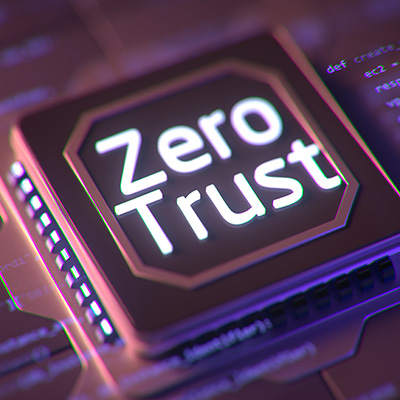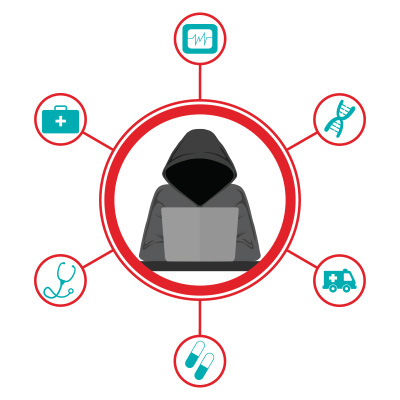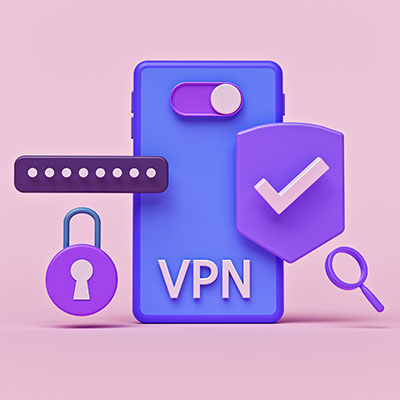Security is part of running your business where you have to adapt and make changes on the fly. One best practice that has always been a staple of any security infrastructure, however, is the virtual private network. The VPN might be important, but it’s one aspect of business technology that is changing thanks to the adoption of zero-trust access policies.
If you’ve spent any time at all reading our blog—or even looking at the topics we cover, for that matter—you’ve seen how often we talk about the importance of your business’s cybersecurity. The fact that we have to is frankly a little depressing. Trust me, I’d love to be able to spend all my time bringing your technology to the next level, instead of keeping ne’er-do-wells from undermining it. However, the reality is that every organization needs to focus on its cybersecurity, and this is becoming more and more the case all the time.
There are countless threats out there that can leave your business in a worse state than before, including viruses and malware, ransomware, data breaches, and other types of phishing attacks. It’s hard to go about your day without worrying about these types of threats, especially in today’s connected business world. However, the ones you need to watch out for most of all are the ones that are so personal you’d never expect them.
We aren’t shy in terms of talking about phishing, its dangers, and what can be done to prevent it. However, it can be too easy to focus directly on email phishing and exclude the many other forms that phishing can and often does take. Take, for instance, smishing.
Hackers and scammers are everywhere and are continuously littering your business with situations that could put its operations in jeopardy. One of the most hacked industries is healthcare, as hackers make a point at going after patient information. Let’s go through some of the reasons why hackers find health data so attractive.
Cybersecurity is a complicated beast. Not only do you have to be sure that you’re protected from threats coming from outside your business, there are also a few very real threats that can originate from inside your business, too. Both are critical to prevent, which can be quite effectively accomplished via a zero trust approach to your security.
The Internet of Things, or IoT for short, showcases just how much a little bit of Internet connectivity can do to help make certain devices much more interesting and useful, but at the same time, it also has brought about a considerable security concern. How are you preventing these devices from ravaging your network security, and what can you do to stop it from putting your company at risk?
A modern network, when properly configured and protected with modern cybersecurity tools, can be extremely secure. Since that’s been the trend for some organizations over the years, hackers have been looking for ways around the security many businesses have in place. If hackers can’t break in through normal means, they will turn to other, more insidious methods, like phishing attacks, to get what they are after.
The Federal Trade Commission has developed their Safeguards Rule for one purpose: To set up a guideline on how to interact, store, and use customer information. The FTC enacted the Rule in 2003, but it was heavily amended in 2021 to ensure that it keeps up with the technology used by businesses today. It outlines the policies and procedures that all covered companies need to enact.
A VPN—or virtual private network—is something that we recommend any business implementing any form of remote or hybrid work to have in their cybersecurity arsenal. Let’s explore why this is by examining what a VPN does, and what any business should seek out in the one they use.










